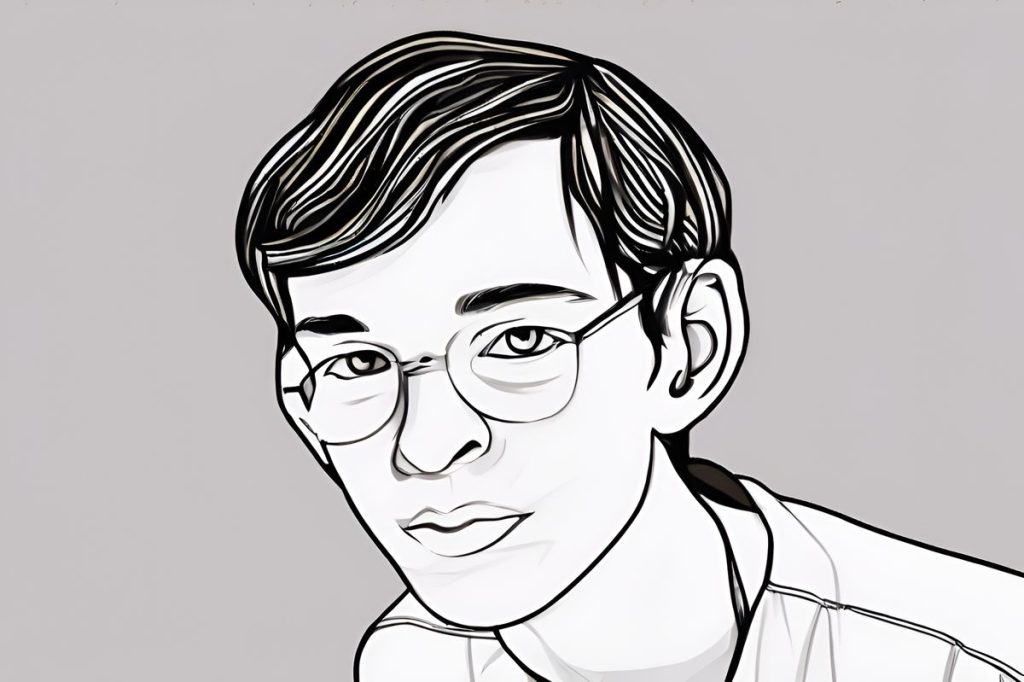In Cyprus, autistic adults face a lack of post-childhood support, with limited programs and healthcare expertise available. However, hope emerges as the government plans to enhance conditions for individuals with autism, including better healthcare, education, and job programs, while NGOs and parents advocate for immediate support and change.
What are the challenges and hopes for autistic adults in Cyprus?
In Cyprus, autistic adults face a sharp decline in support post-childhood, with a lack of adult programs and healthcare expertise. However, hope emerges as the government plans to enhance conditions for individuals with autism, including better healthcare, education, and job programs. NGOs and parents are also stepping in to provide immediate support and advocate for change.
The Plight of Autistic Adults
Autism affects individuals throughout their lives, yet the support often diminishes as they reach adulthood. In Cyprus, this lack of post-secondary support is particularly stark. As the hustle and bustle of World Autism Day fades each April 3rd, the challenges faced by those with autism and their families stay sharply in focus. Events and solidarity are valuable, but what the autistic community in Cyprus urgently requires is continuous and integrated care, particularly for those over 21.
Families of autistic individuals often express frustration with the sporadic nature of awareness and support. The real struggle involves grappling with inadequate resources in schools, scant adult diagnoses, and a glaring absence of healthcare professionals with expertise in autism. The crisis is most acute for adults who find themselves without day programs or supportive living facilities once their educational journey concludes.
Hope on the Horizon
However, it’s not all dire. A glimmer of hope emerges as a new agenda is being formed to address these issues. The Cypriot government, through the Department for Social Inclusion for People with Disabilities, is working on a five-year plan to improve the conditions for autistic individuals. This initiative includes collecting comprehensive data on autism cases, enhancing education, addressing health care challenges, and creating job programs.
This proactive approach has the potential to reform the lives of the autistic population, yet the pace at which these changes are implemented is critical. As the incidence of autism increases, highlighted by nursery schools reporting a rise in young children on the spectrum, the need for educational resources and early intervention becomes more pressing.
Filling the Void: Parents and Activists Step Up
Despite these initiatives, immediate needs are not being met, leaving families in dire straits. Consequently, parents and activists are stepping into roles that should be supported by their government. Panayiotis Savvides, a parent and an activist, shares the optimism surrounding the president’s understanding of autism issues but laments the lack of serious initiatives regarding funding for autism support.
Chriso Prodromou, co-founder of the NGO Autism Support Famagusta, echoes these concerns. Despite starting the Smile Project Day Centre for young autistic adults, like her son Stephanos, the center relies heavily on community fundraising and private donations for survival. The underlying issue remains the lack of comprehensive medical support, with families often left to manage complex medical crises on their own.
The Education Conundrum
As for education, the absence of qualified professionals for autistic individuals, particularly at the secondary level, is alarming. The situation in Cyprus is such that there are no special education teachers at the secondary school level in public schools. Parents are justifiably outraged by this deficiency, and special education teachers limited to elementary education have been advocating for reforms for decades.
The fears of parents like Elena, whose son is high-functioning and capable of thriving in an integrated system with proper support, are well-founded. The current system is described as building on sand—any progress made in elementary school crumbles in secondary education due to a lack of support and resources.
The Search for Independence and Support
For many autistic individuals and their families, the quest for independent living remains a significant hurdle. Voice for Autism, an NGO, has successfully established two group homes for young men on the autism spectrum, showcasing the potential for collaboration between government entities and NGOs. These homes offer residents a semblance of independence and community life.
Yet, these efforts are but a drop in the ocean. The need for similar initiatives is immense, as countless families across Cyprus struggle with finding day programs and supportive environments for their adult children. The government’s acknowledgment and commitment to the autism agenda offer hope, but for real change, actions must follow quickly and decisively.
What are the challenges faced by autistic adults in Cyprus?
Autistic adults in Cyprus face a lack of post-childhood support, with limited programs and healthcare expertise available. There is a sharp decline in support once they reach adulthood, leading to challenges in finding educational and job programs, as well as supportive living facilities.
What is the government doing to improve conditions for individuals with autism in Cyprus?
The Cypriot government is working on a five-year plan through the Department for Social Inclusion for People with Disabilities to enhance conditions for individuals with autism. This plan includes collecting comprehensive data on autism cases, improving education, addressing healthcare challenges, and creating job programs.
How are parents and activists stepping in to support autistic individuals in Cyprus?
Parents and activists in Cyprus are stepping into roles that should ideally be supported by the government. They are advocating for better funding for autism support, starting NGOs and day centers, and raising awareness about the challenges faced by autistic individuals in the country.
What are the education challenges faced by autistic individuals in Cyprus?
The education system in Cyprus lacks qualified professionals for autistic individuals, particularly at the secondary level. There are no special education teachers at the secondary school level in public schools, leading to challenges for parents and limited support for autistic students as they progress in their education.

